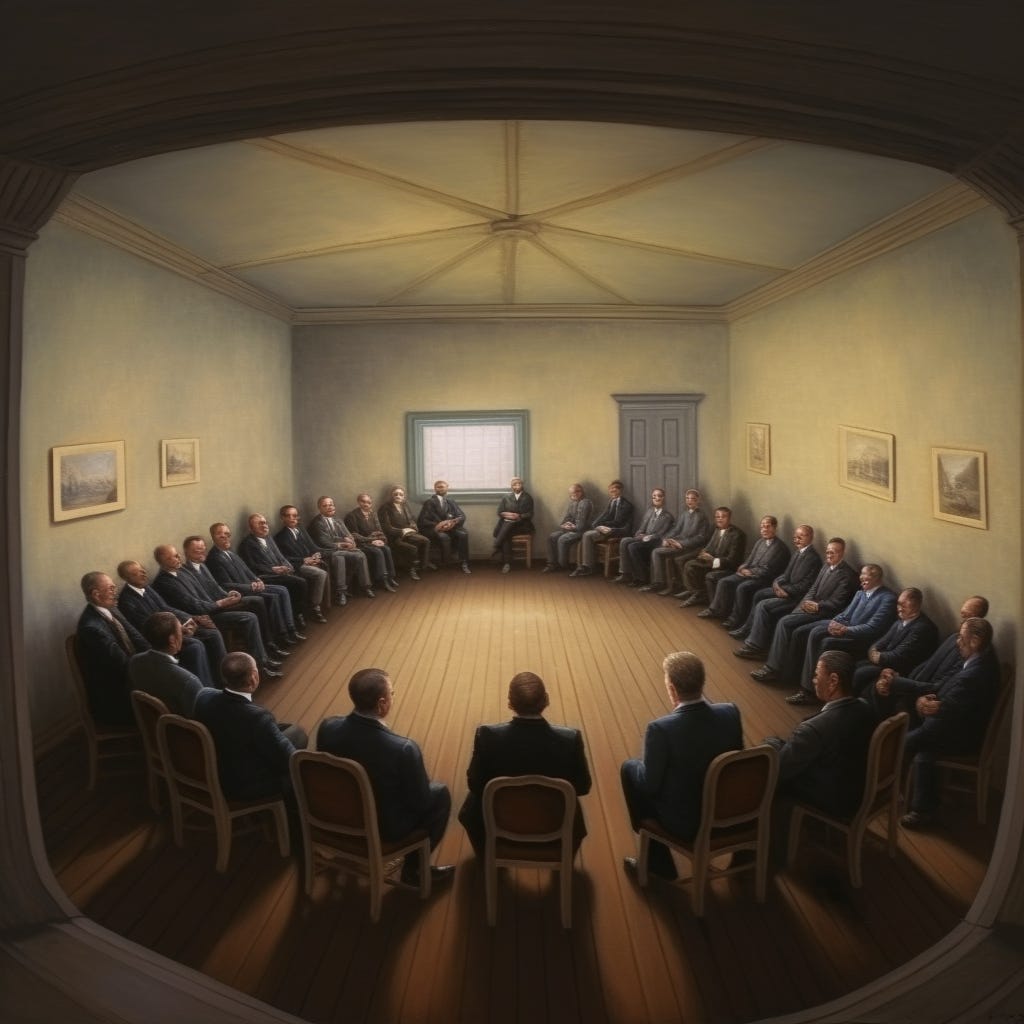The Illusion of Being the Smartest Person in the Room
Have you ever had that feeling that you are the smartest person among your peers? Or maybe you think that you know everything there is to know about a particular topic? It is a common trait among people, but what if I told you that this way of thinking is just an illusion? The truth is that everyone thinks they are the smartest person in the room, yet we must understand that we all have something valuable to learn from others. In this blog post, we will explore this complex topic and share some insights that will help us look at ourselves and others in a new light.
This idea came to me after attending an institutional LP conference. During a speaking panel, the LPs essentially conveyed that there was no chance they would invest in us. Later, when I shared this exchange with another emerging manager, they remarked: "Well, they should invest in us because they don't have any new ideas." I found their quip both true and funny. It's clear that institutional LPs have preconceived notions regarding our inferiority to their other active managers.
Secondly, let's talk about the family dynamic. Growing up in a family with deeply engrained narcissistic and grandiose traits can undoubtedly impact our perspective on intelligence. In these situations, we tend to compare ourselves to our family members or peers, which can lead to a false sense of superiority or inferiority. Understanding that everyone has their own unique strengths and weaknesses can help us overcome this ingrained belief system and learn to appreciate the differences in others.
Thirdly, our societal norms also play a role in this illusion. We are taught to value intelligence and criticize mediocrity. However, what defines intelligence is subjective and varies from person to person. Instead of put people in boxes based on their IQ, we must understand that everyone has their own unique way of thinking, abilities and skills. We need to recognize and appreciate these differences to foster a more inclusive and accepting society.
Fourthly, recognizing our own intellectual limitations is essential to growth. No one knows everything, and acknowledging that we don't know is the first step to gaining knowledge. When we admit that we are not the smartest person in the room, we open ourselves to learning from others, which can help us expand our knowledge and viewpoints.
In conclusion, it is essential to recognize that the illusion of being the smartest person in the room is just that - an illusion. Everyone has their unique strengths and weaknesses, and understanding, and appreciating those differences is key to fostering a more accepting and inclusive society. We can overcome this illusion by embracing humility, recognizing intellectual limitations, and being open to learning from others. So the next time you find yourself in a room full of people, remember that each person has something valuable to contribute, and it's up to us to recognize and appreciate that.

